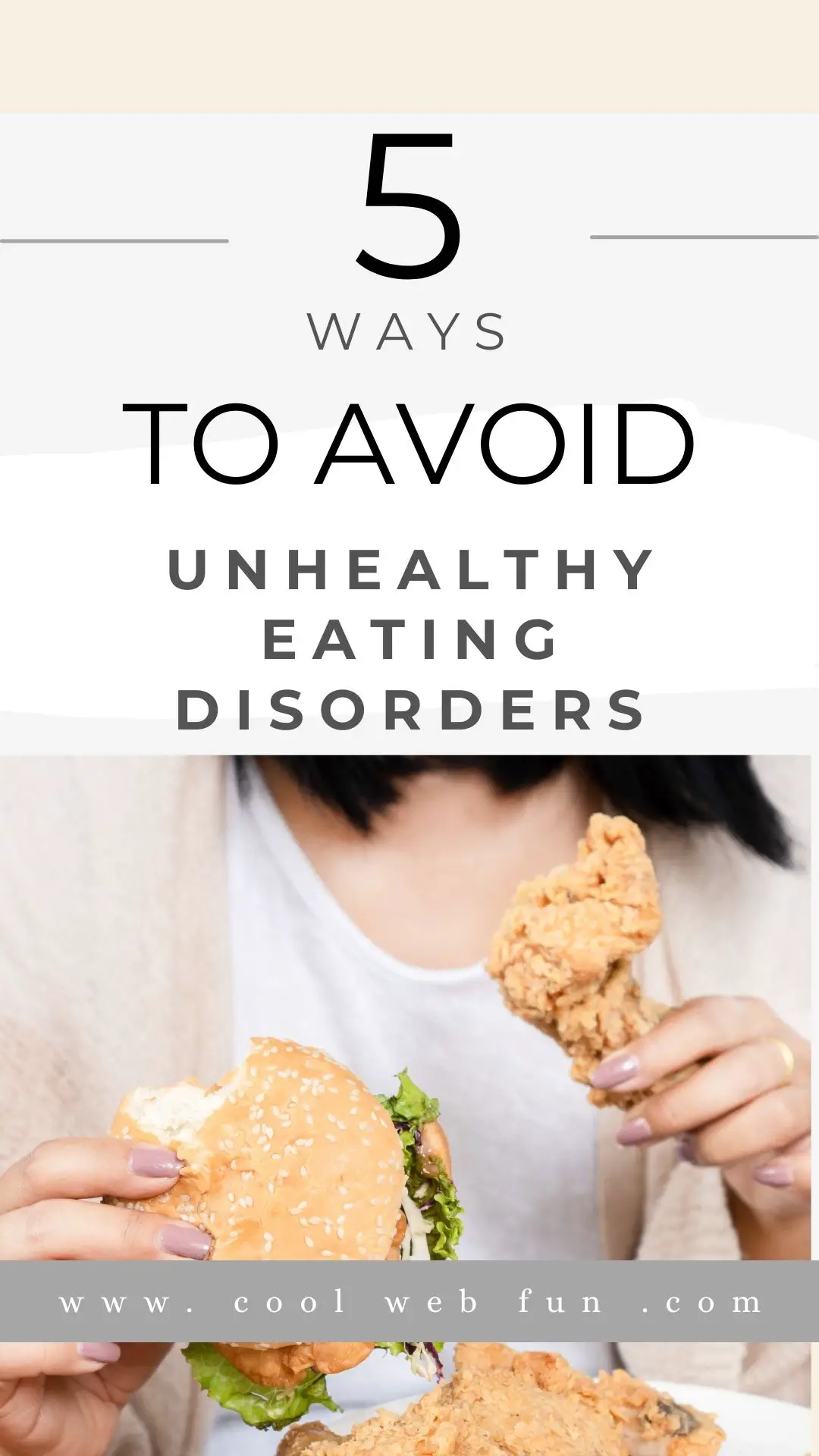Welcome, dear travelers, to a journey through the world of body image and how it
affects us.
In a world filled with glossy pictures and digital touch-ups, the way we see
our bodies can be a tricky balance between accepting ourselves and giving in to
what society expects.
In this exploration, we will look at how feeling bad about our
bodies are linked to serious eating problems.
We will talk about how society, media, our
emotions, and our minds all play a part in this complicated issue and how it can harm
our health.

As a writer, I have gone deep into the world of human feelings and experiences.
I have seen how our feelings about our bodies can lead to tough battles with unhealthy
eating habits.
It is not just something that happens to other people – it’s personal for me too.
In a world full of perfect images, I have felt that pressure, and I know how overwhelming it can be.
So, let us explore this connection, just like I have in my writing, to understand how it affects us and the people around us. Together, we can really make a difference in how we see ourselves and how we support others facing these challenges.
Also, Read – Ayurveda Eating Rules
I. The Role of Society and Media
In today’s world, society, and the media have a strong influence on how we see ourselves.
● Unrealistic Beauty Standards: When you go to the store, you can’t help but see magazines and ads featuring models who look perfect, thanks to photo editing.
These images set ideals of beauty that feel impossible to reach.
Fashion magazines and the constant flood of social media posts only make these standards seem more unattainable, making us doubt our own beauty.
● Influence of Peer Pressure: Our peer groups, whether they are online or in person, have a big impact on our lives.
The opinions and judgments of the people in these groups can deeply affect how we feel about our bodies, making our struggles with not feeling good about ourselves even harder.
II. Emotional and Psychological Factors
Beneath the surface of negative body image lie emotional and psychological factors
that further complicate the relationship:
● Low Self-Esteem: Negative body image often accompanies a plummeting sense of self-worth.
When we dislike our bodies, our self-esteem takes a nosedive.
In an attempt to regain control, some individuals resort to extreme dietary measures, which can have perilous consequences.
● Anxiety and Depression: Living with a negative body image can lead to anxiety and depression.
Emotional distress can result in unhealthy eating patterns as a coping mechanism, perpetuating a cycle of despair.
III. Unhealthy Eating Disorder Development
The intricate dance between body image and eating disorders unfolds in several acts:
● Anorexia Nervosa: Anorexia nervosa is a chilling manifestation of distorted body image.
Individuals relentlessly chase extreme thinness, subjecting themselves to severe dietary restrictions and excessive exercise, putting their physical and mental health at risk.
● Bulimia Nervosa: Bulimia nervosa is characterized by a profound sense of loss of control, driven by negative body image.
It leads to binge-eating episodes followed by purging behaviors, such as vomiting or over-exercising,
in a desperate attempt to regain control.
● Binge-Eating Disorder: In the final act, we encounter binge-eating disorder, where negative body image takes center stage.
Emotional eating and uncontrollable binge episodes become a way to cope, offering temporary relief from body dissatisfaction.
Guilt and shame further entangle individuals in despair.
IV. Health Consequences
The consequences of these unhealthful eating disorders are profound:
● Malnutrition and Physical Health:
These disorders often lead to malnutrition, posing silent but devastating threats to one’s well-being.
Starved bodies suffer from physical health problems, including heart issues, bone density loss, and nutrient deficiencies.
● Mental Health Impact: Beyond the physical, the emotional toll of eating disorders can worsen existing mental health conditions.
What starts as negative body image spirals into a consuming obsession, necessitating professional treatment to address both body image issues and the underlying eating disorder.
V. Intervention and Prevention
In this complicated situation, helping people and stopping problems from getting worse is really important:
● Promoting Positive Body Image: Encouraging people to like their bodies and love themselves is a strong way to fight against feeling bad about how they look.
Teaching people to understand media and think critically helps them resist the pressure to look a certain way.
● Early Intervention: Recognizing when someone is feeling bad about their body and might be at risk for eating problems is like giving them a helping hand.
If we step in early, usually with therapy, talking to someone, or support groups, we can stop these problems from getting worse.
We can help them with their body image issues and the eating problems they might have, so they can start feeling better about themselves.
My Take on Unhealthy Eating Disorders
In this exciting journey, we have learned about the complex connection between not feeling good about our bodies and developing harmful eating problems.
Society, media, our emotions, and our thoughts all have important parts to play in this.
It is really important to understand this link early on so we can stop these problems before they get worse.
This can help us have better relationships with our bodies and make our lives healthier overall. As we go through this complicated process, let’s always remember that loving and accepting ourselves are the most important things we can do.
Related Healthy Foods:
